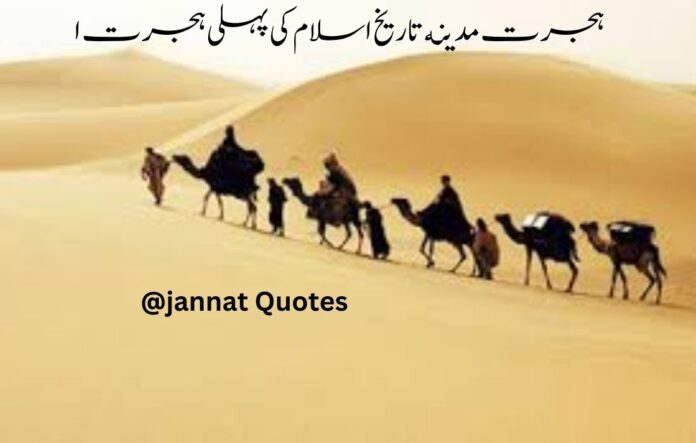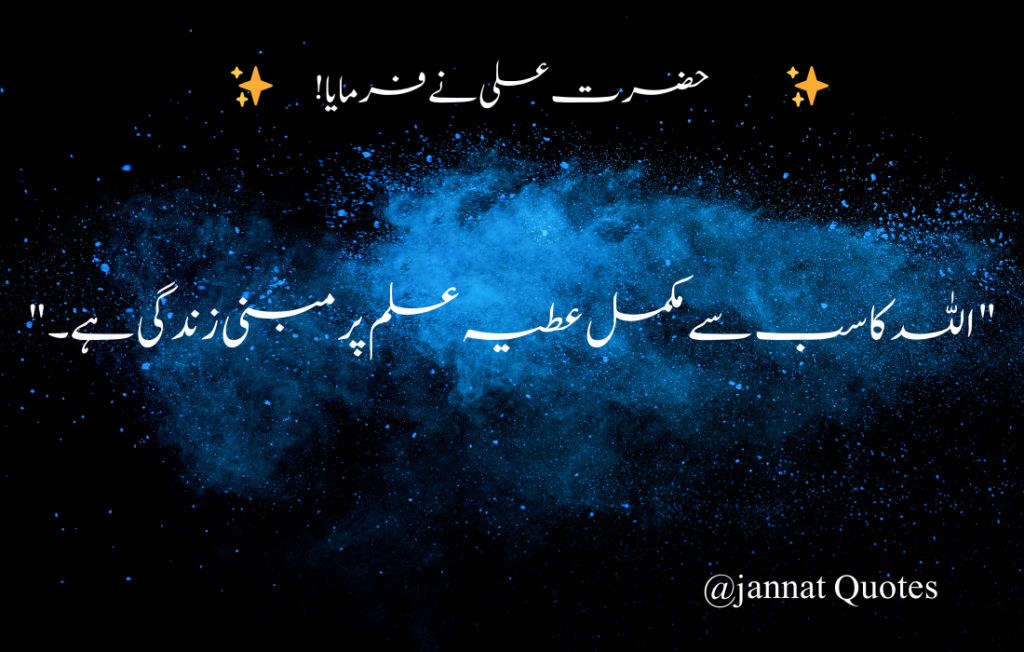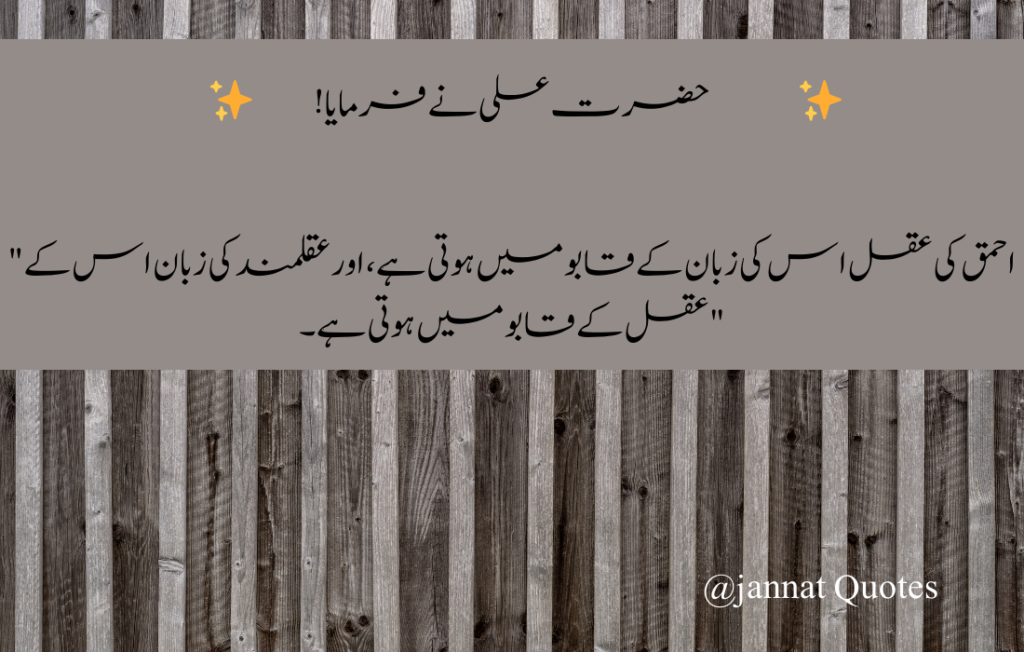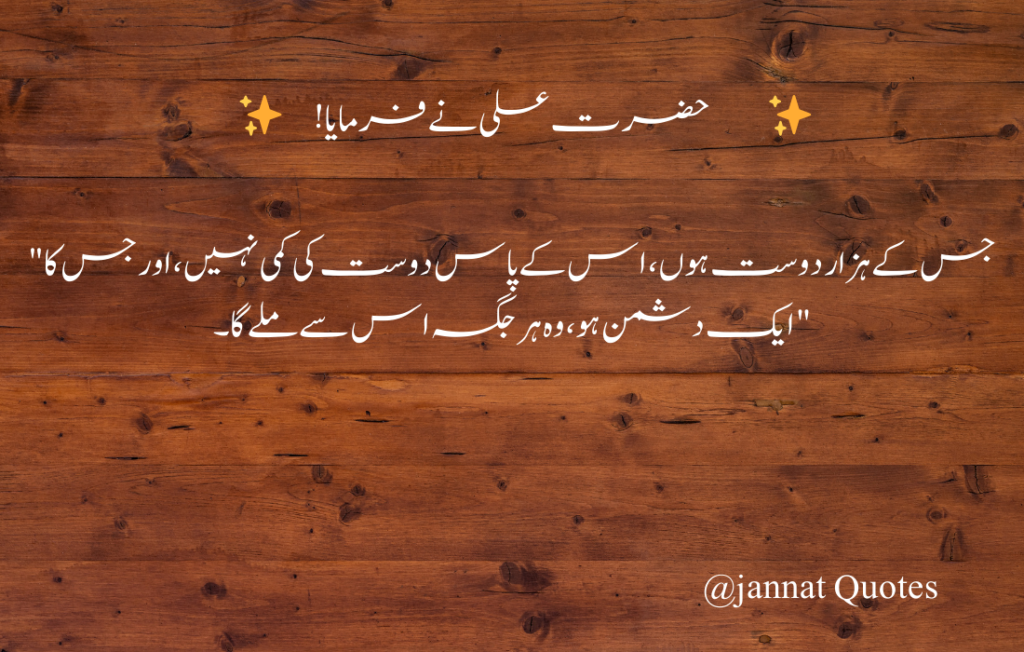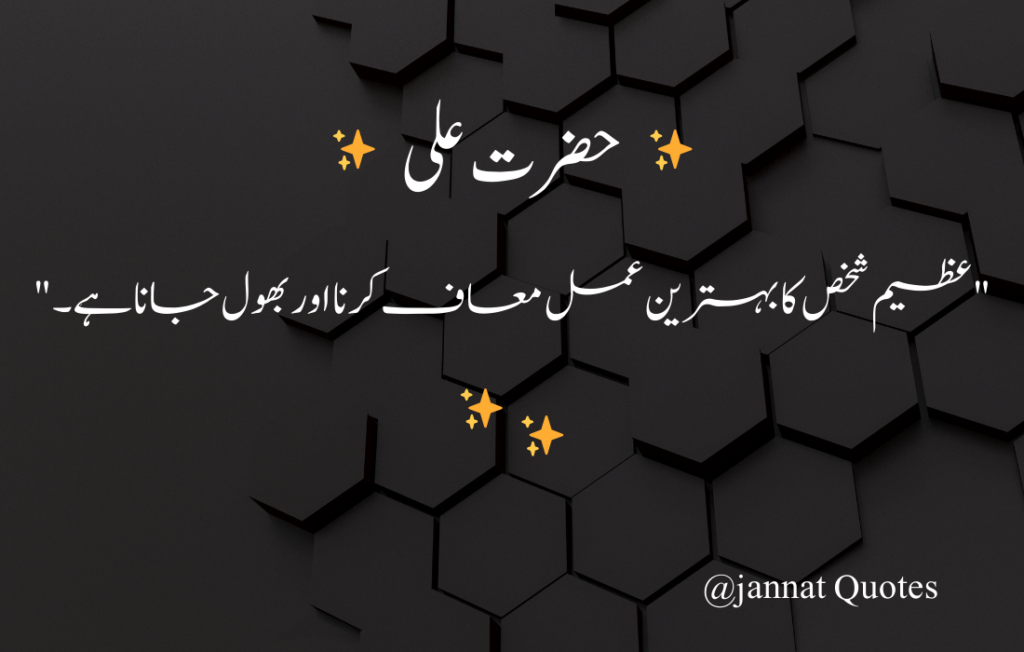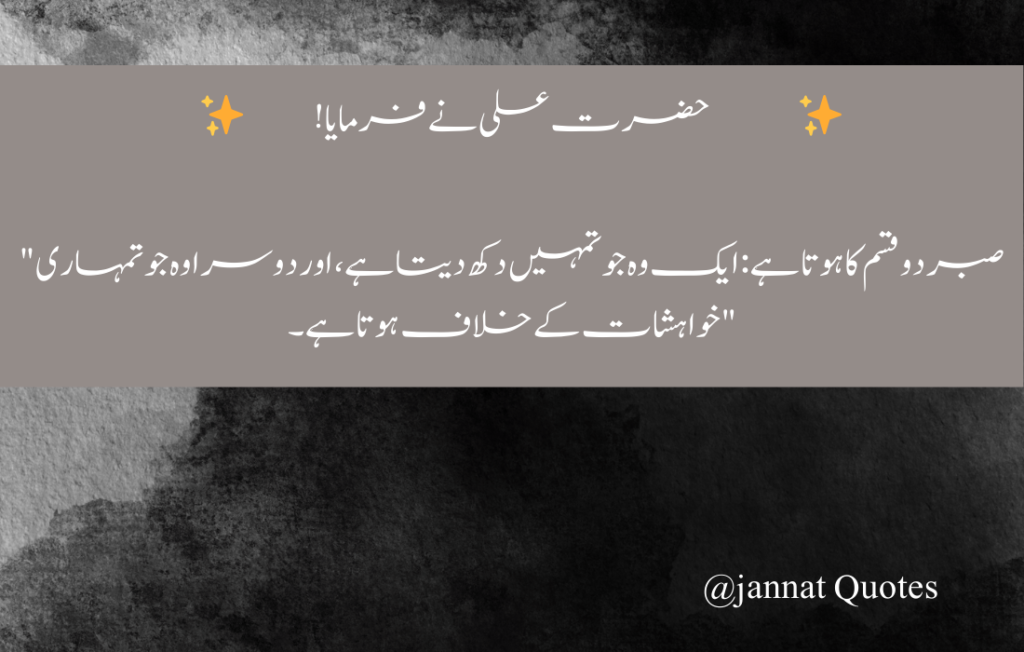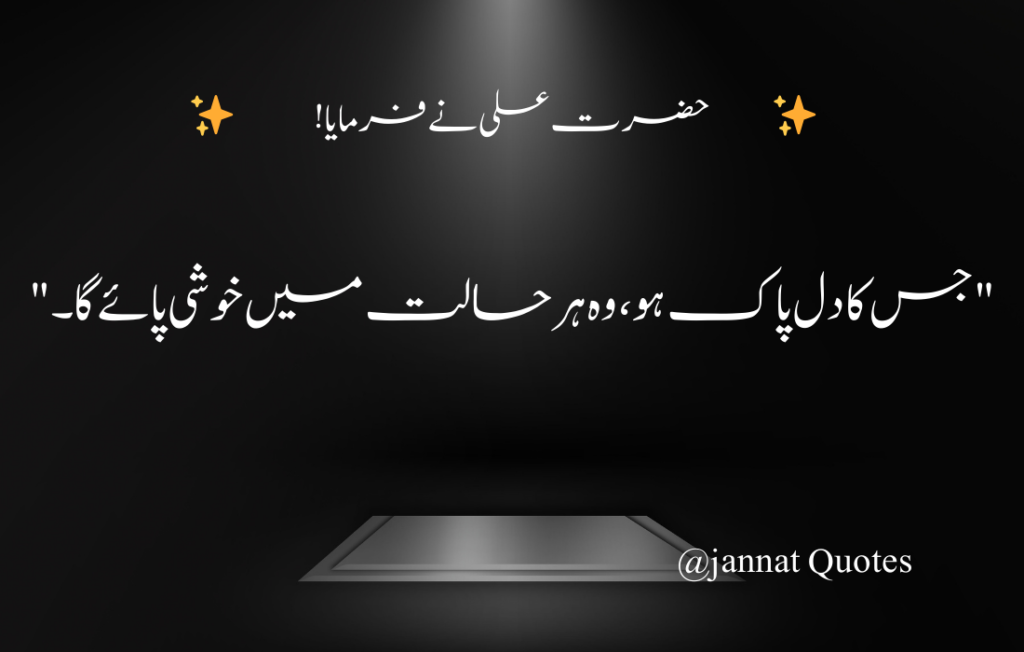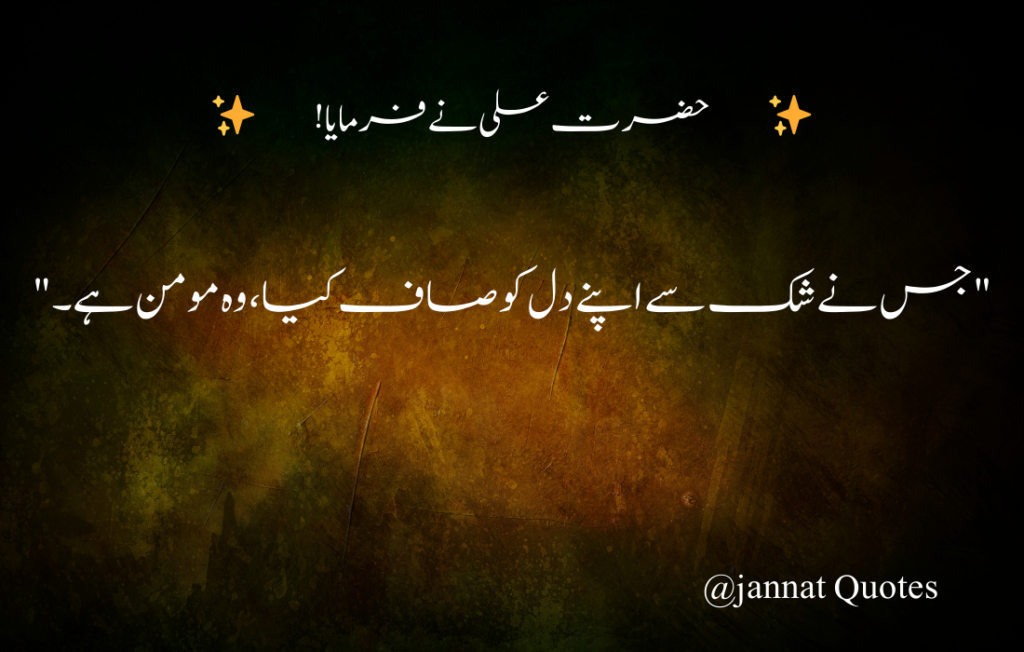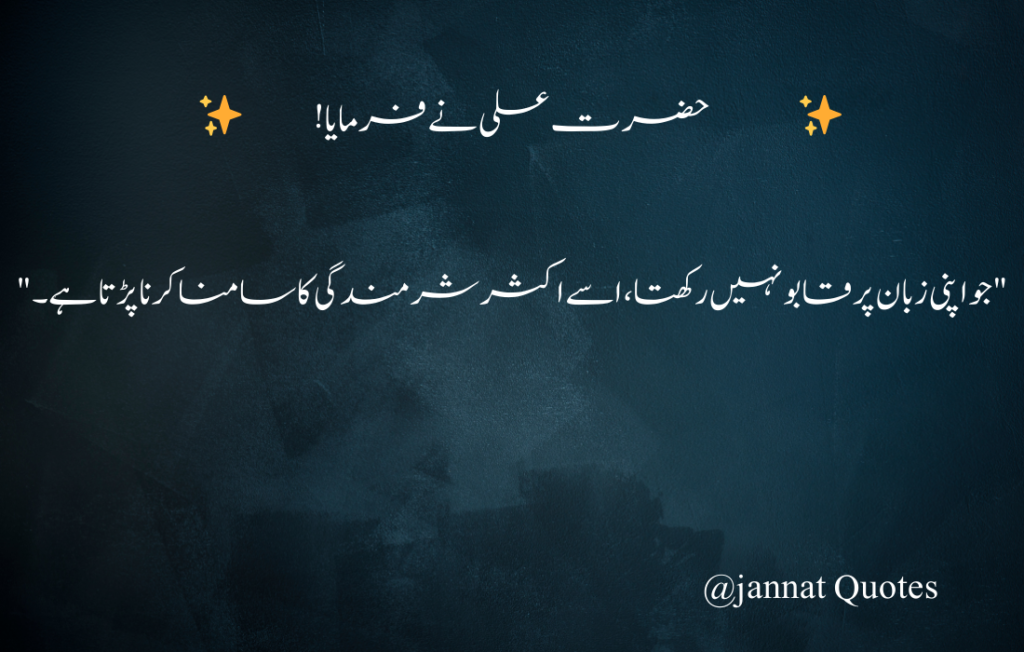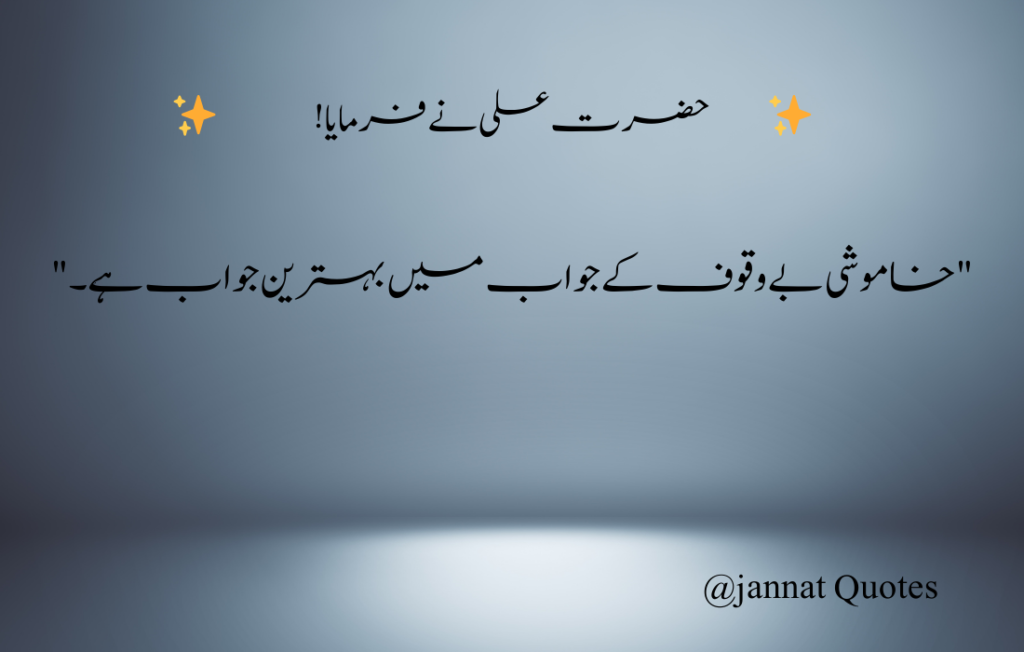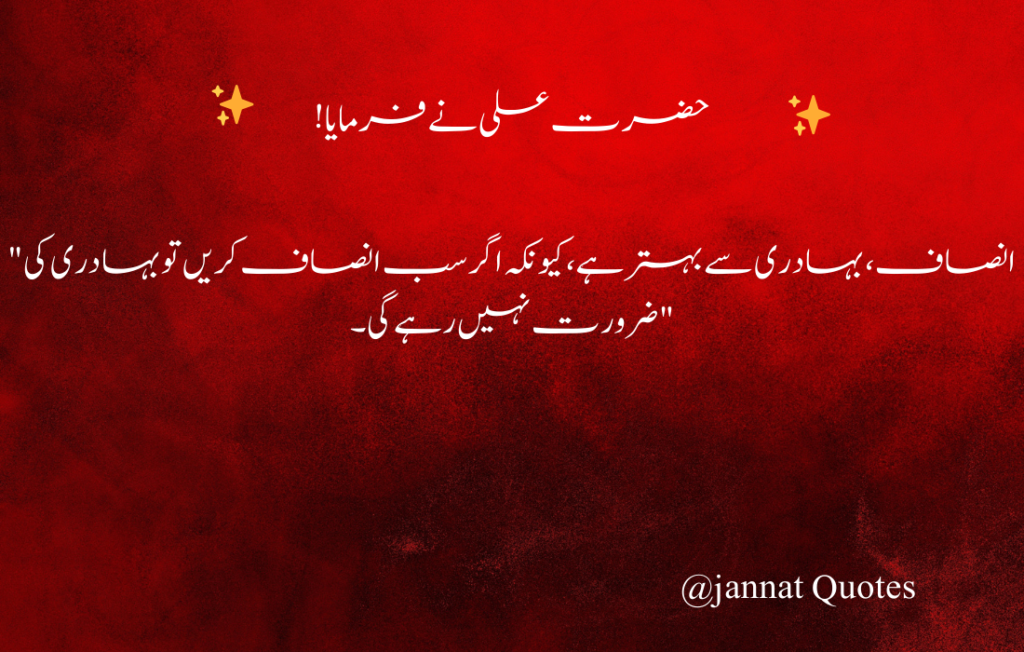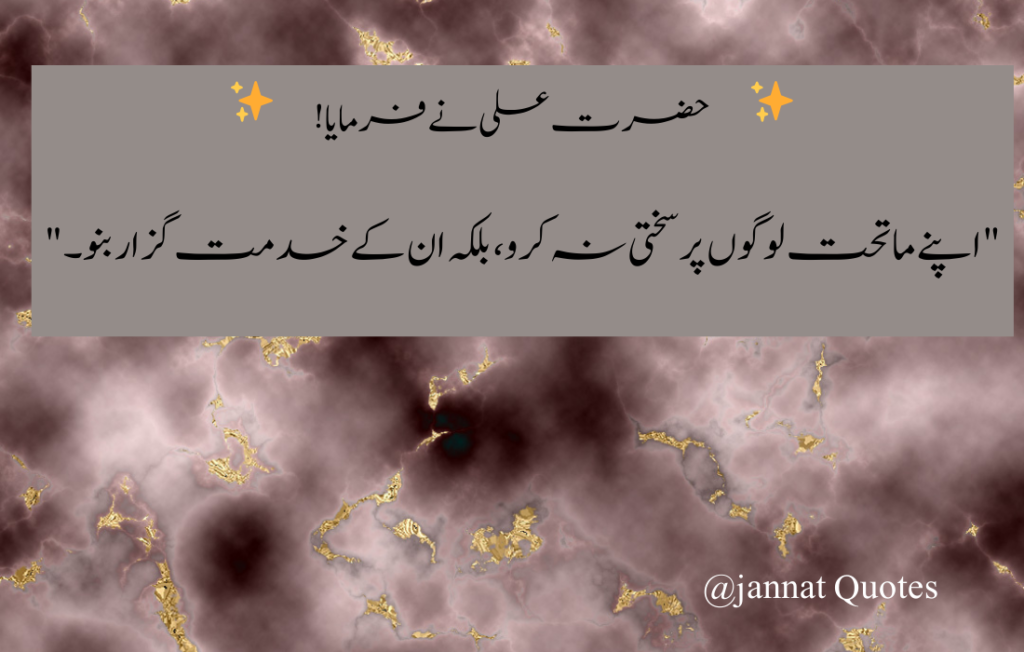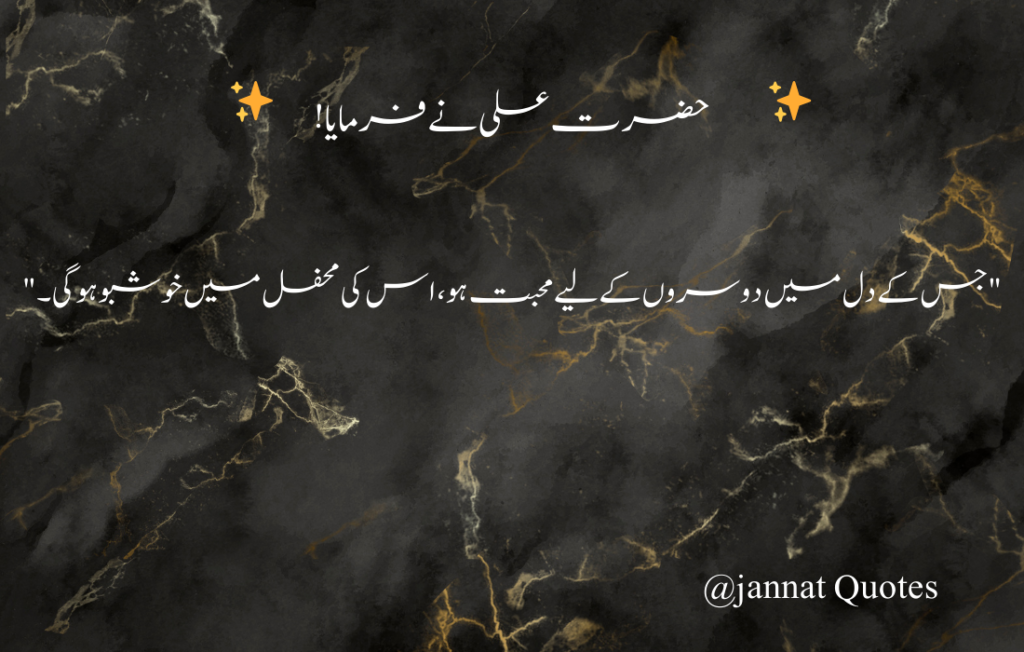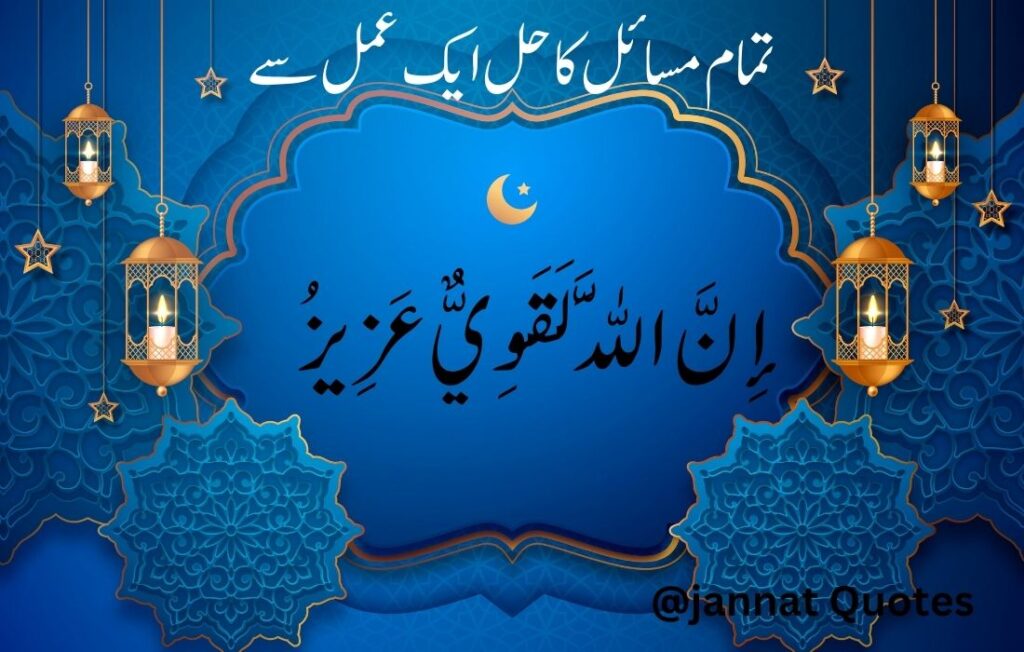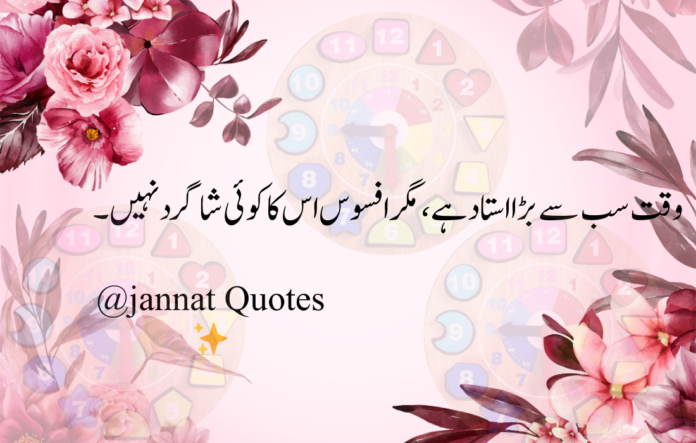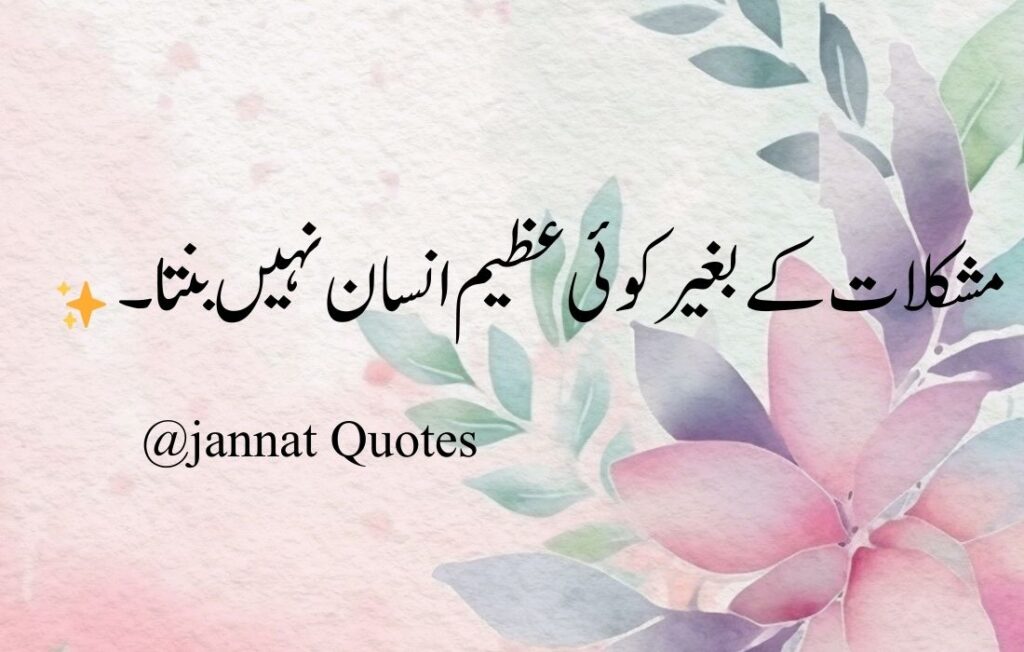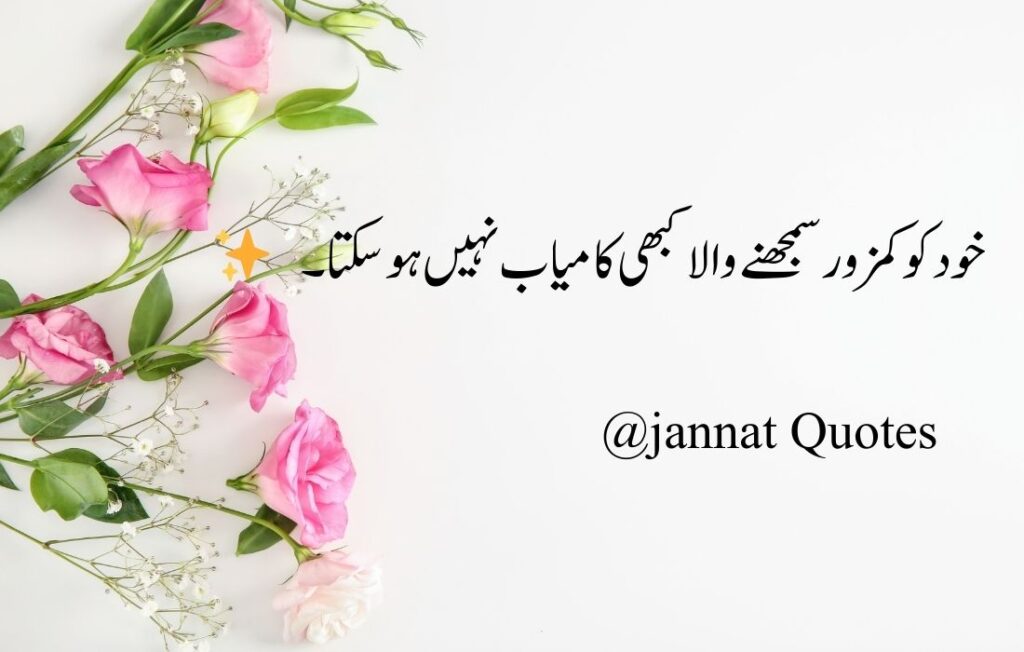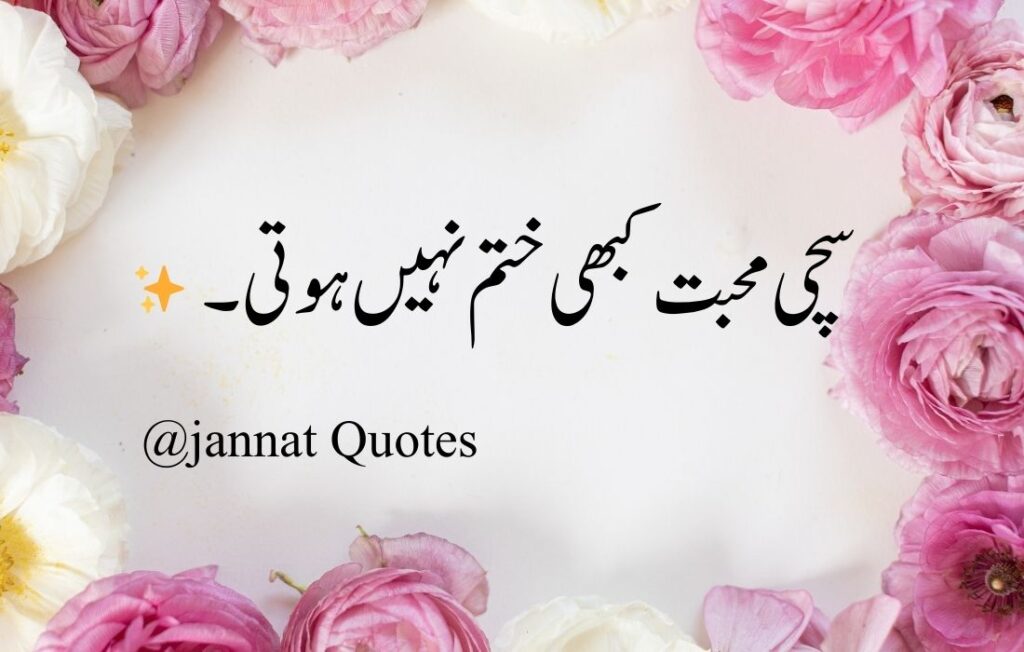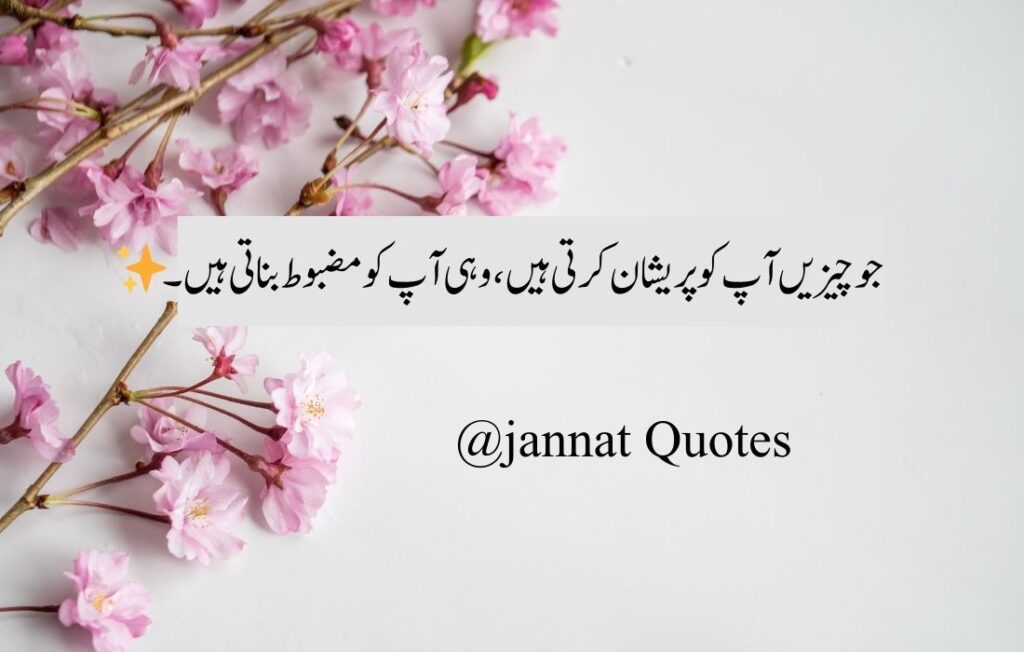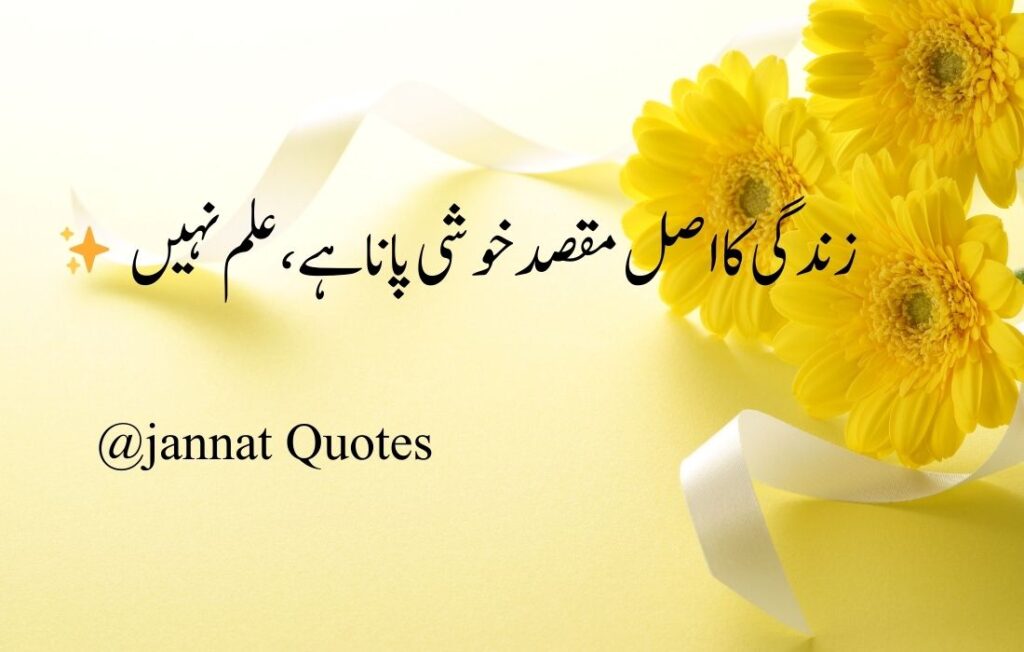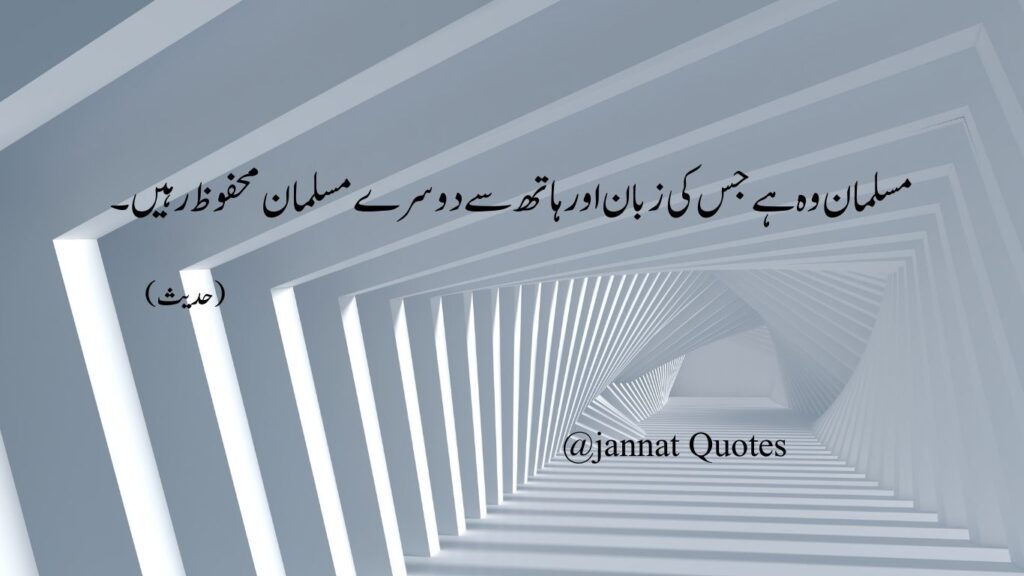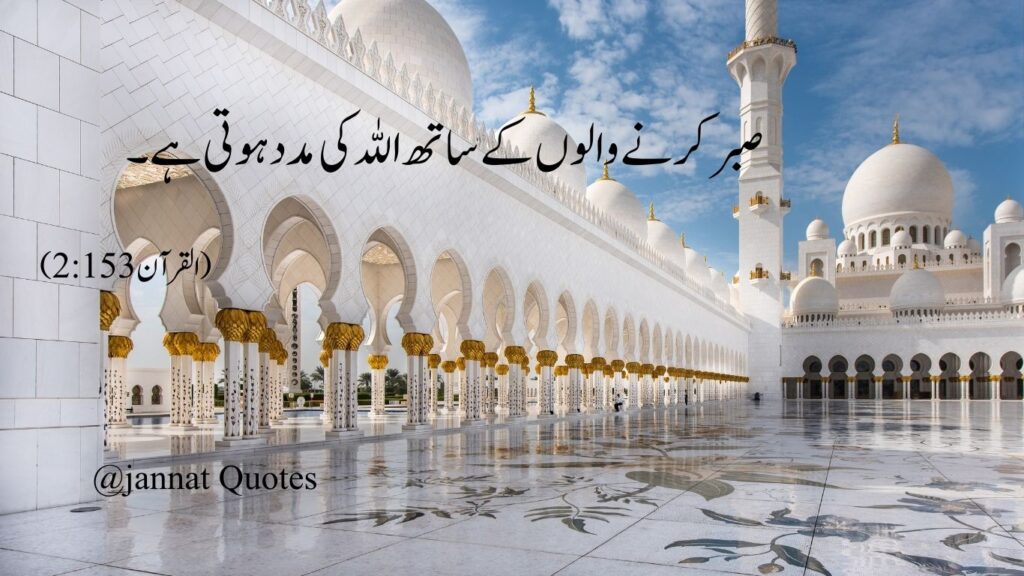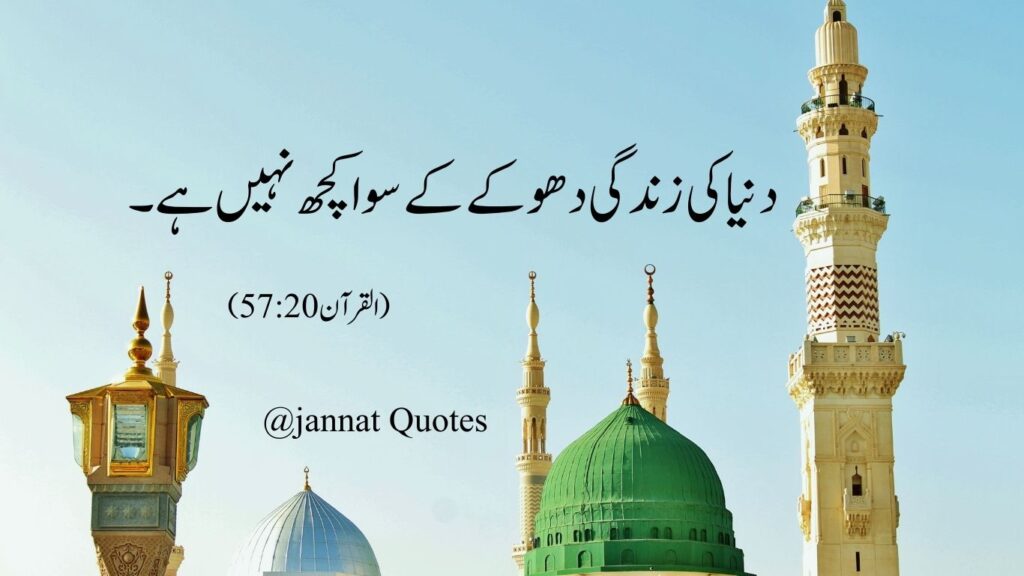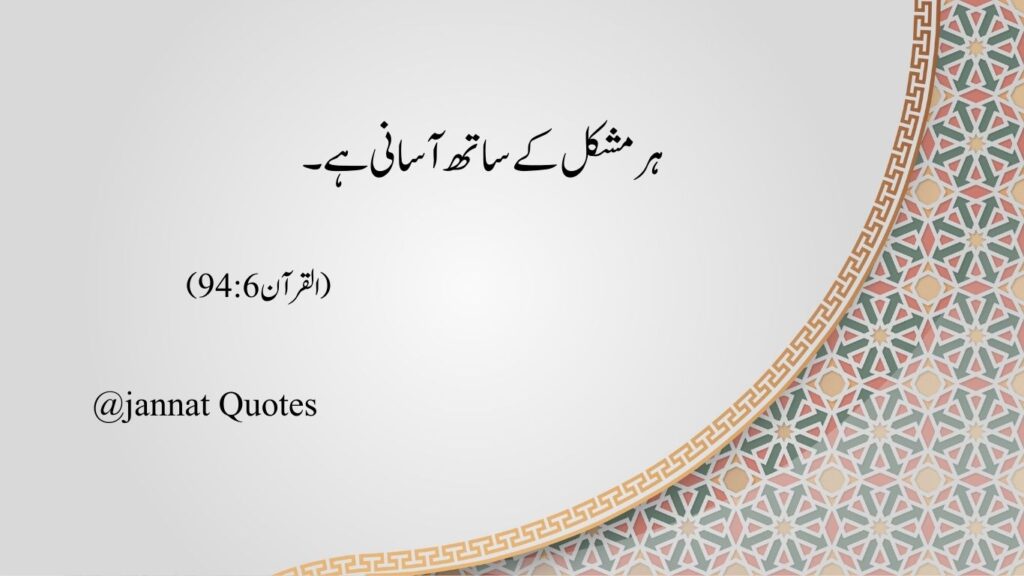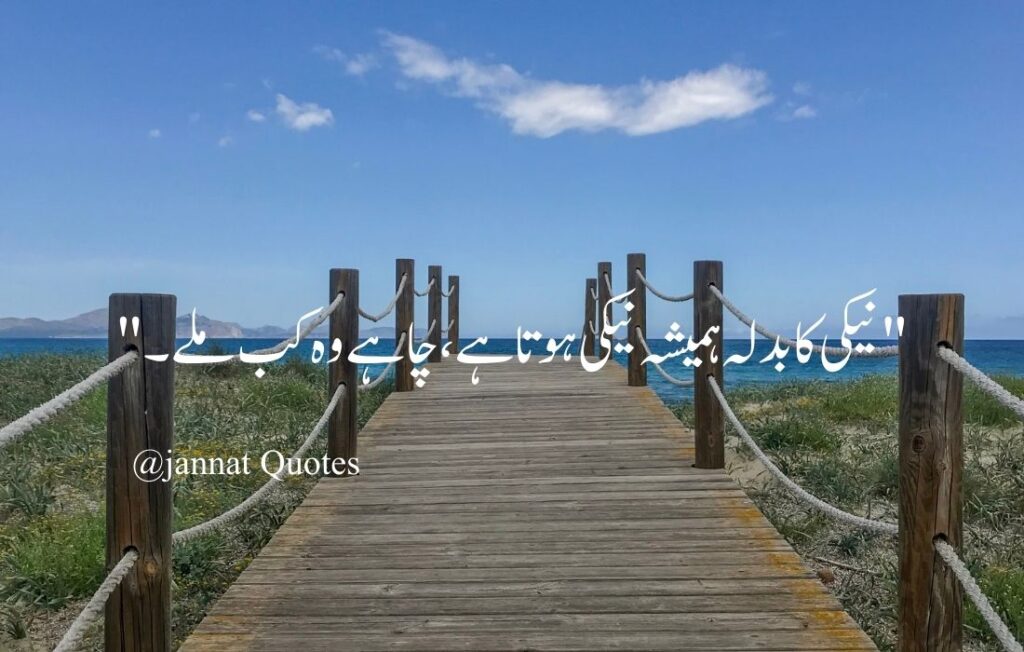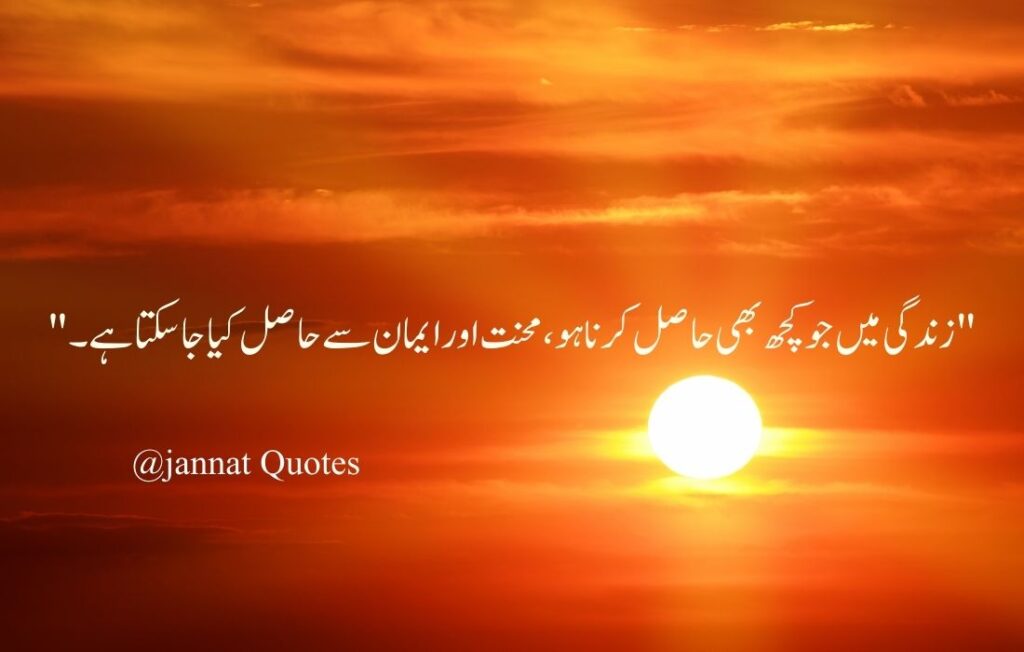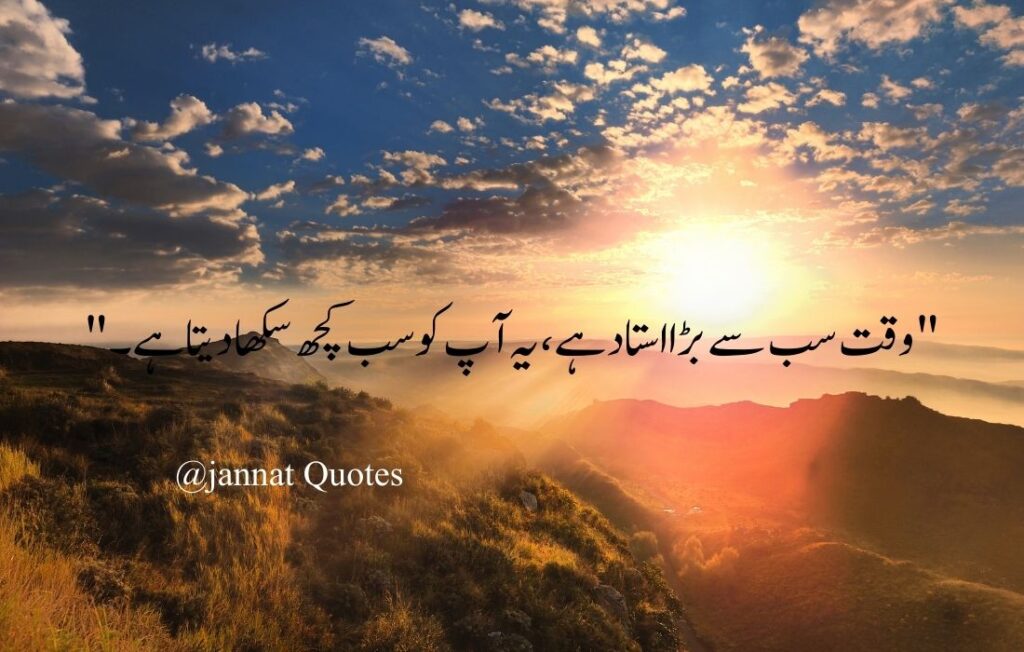What is the meaning of the phrase “Hijrat-e-Madina” ?
The phrase “Hijrat-e-Madina” refers to the **migration of Prophet Muhammad (PBUH) and his followers from Mecca to Medina in the year 622 CE. This event, also known simply as the Hijra, marks a turning point in Islamic history. Faced with increasing persecution, threats to their lives, and a lack of freedom to practice their religion in Mecca, the early Muslims were compelled to leave their homes. Medina, then known as Yathrib, was a city where the Prophet (PBUH) and his followers were welcomed and given refuge by the local tribes, who embraced Islam and formed alliances with the Muslim community.
This migration wasn’t just a physical journey but also a spiritual and social milestone. It led to the establishment of the first Islamic state in Medina, where laws were based on justice, equality, and the teachings of Islam. This event is so significant that it marks the beginning of the Islamic calendar (Hijri calendar).
The phrase“Hijrat-e-Madina” therefore symbolizes sacrifice, resilience, and the pursuit of religious freedom—a defining moment when a marginalized community found a new home and laid the foundation for the growth and spread of Islam.
Read for more islamic waqiat link here
“ہجرتِ مدینہ” سے مراد
**”ہجرتِ مدینہ”** سے مراد وہ عظیم واقعہ ہے جب نبی کریم صلی اللہ علیہ وآلہ وسلم اور ان کے صحابہ نے 622 عیسوی میں مکہ مکرمہ سے مدینہ منورہ کی طرف ہجرت
کی۔ اس ہجرت کا سبب مکہ میں مسلمانوں پر ہونے والا شدید ظلم و ستم اور ان کی جان و مال کو لاحق خطرات تھے۔ مکہ کے کفار نے نبی صلی اللہ علیہ وآلہ وسلم اور ان کے
پیروکاروں کو اسلام کی تبلیغ اور اس پر عمل کرنے سے روکا، جس کی وجہ سے مسلمانوں کو اپنی زندگی اور دین کی حفاظت کے لیے مدینہ کا رخ کرنا پڑا۔
مدینہ منورہ کے لوگوں، جنہیں انصار کہا جاتا ہے، نے نبی کریم صلی اللہ علیہ وآلہ وسلم اور مسلمانوں کا گرمجوشی سے استقبال کیا اور انہیں پناہ دی۔ یہ واقعہ اسلامی تاریخ میں
ایک اہم سنگ میل ہے کیونکہ اس کے بعد مدینہ میں پہلی اسلامی ریاست کی بنیاد رکھی گئی، جہاں اسلام کے اصولوں پر مبنی معاشرتی، سیاسی اور مذہبی نظام نافذ کیا گیا۔
ہجرتِ مدینہ اسلامی کیلنڈر کا آغاز بھی ہے اور یہ واقعہ مسلمانوں کی جدوجہد، قربانی اور ایمان کی عظمت کی علامت ہے، جس نے اسلام کی ترویج و ترقی کے لیے نئے
دروازے کھولے۔
**ہجرتِ مدینہ: اسلامی تاریخ کا سنگ میل**
ہجرتِ مدینہ اسلامی تاریخ کا ایک نہایت اہم اور عظیم واقعہ ہے جو دینِ اسلام کی ترویج اور مسلمانوں کی اجتماعی زندگی کے آغاز کا باعث بنا۔ یہ وہ لمحہ تھا جب مسلمانوں کو
مکہ میں کفار کے ظلم و ستم سے نجات ملی اور انہیں ایک ایسے شہر میں پناہ ملی جہاں انہوں نے پہلی اسلامی ریاست کی بنیاد رکھی۔ اس واقعہ نے نہ صرف مسلمانوں کی سیاسی
اور سماجی زندگی میں انقلاب برپا کیا بلکہ دینِ اسلام کو بھی ایک عالمی پیغام کے طور پر پیش کیا۔
### مکہ میں مسلمانوں پر ظلم و ستم
نبی کریم صلی اللہ علیہ وآلہ وسلم کی بعثت کے بعد مکہ میں اسلام کا پیغام پھیلنا شروع ہوا۔ ابتدا میں یہ پیغام چند لوگوں تک محدود تھا، لیکن جیسے جیسے اسلام کا دائرہ بڑھتا گیا،
مکہ کے کفار اور قریش کے سرداروں کو اس سے خطرہ محسوس ہونے لگا۔ وہ اسلام کو اپنے بت پرستی اور معاشرتی نظام کے لئے ایک چیلنج سمجھنے لگے۔ نبی کریم صلی اللہ علیہ
وآلہ وسلم اور آپ کے ساتھیوں کو کفار نے شدید ظلم و ستم کا نشانہ بنایا۔
مسلمانوں کو مکہ میں نماز پڑھنے اور قرآن مجید کی تلاوت کرنے کی آزادی نہیں تھی۔ انہیں معاشرتی اور اقتصادی بائیکاٹ کا سامنا کرنا پڑا اور نبی کریم صلی اللہ علیہ وآلہ
وسلم کی زندگی پر کئی مرتبہ قاتلانہ حملے بھی کیے گئے۔ ایسے حالات میں مسلمانوں کے لیے مکہ میں رہنا مشکل ہو گیا تھا۔ ان حالات میں اللہ تعالیٰ کی طرف سے نبی کریم
صلی اللہ علیہ وآلہ وسلم کو ہجرت کا حکم ملا۔
### ہجرت کا حکم اور مدینہ کا انتخاب
اللہ تعالیٰ نے نبی کریم صلی اللہ علیہ وآلہ وسلم کو وحی کے ذریعے ہدایت دی کہ وہ مکہ سے ہجرت کریں اور مدینہ منورہ کی طرف روانہ ہو جائیں، جو اس وقت یثرب کہلاتا
تھا۔ مدینہ کے لوگوں نے نبی کریم صلی اللہ علیہ وآلہ وسلم کی نبوت کو قبول کر لیا تھا اور انہوں نے آپ کو اپنی ریاست میں پناہ دینے کا وعدہ کیا تھا۔ اس وعدے کے تحت
نبی کریم صلی اللہ علیہ وآلہ وسلم اور صحابہ کرام نے مدینہ کی طرف ہجرت کا فیصلہ کیا۔
### حضرت ابوبکر صدیق رضی اللہ عنہ کا ساتھ
نبی کریم صلی اللہ علیہ وآلہ وسلم کی ہجرت کا سفر نہایت رازدارانہ اور محتاط انداز میں کیا گیا۔ جب نبی کریم صلی اللہ علیہ وآلہ وسلم کو ہجرت کا حکم ملا تو آپ نے اپنے قریبی
ساتھی حضرت ابوبکر صدیق رضی اللہ عنہ کو اپنے ساتھ لیا۔ دونوں رات کے وقت مکہ سے روانہ ہوئے اور چند دنوں تک غار ثور میں پناہ لی۔ اس دوران کفار مکہ نے آپ
صلی اللہ علیہ وآلہ وسلم کی تلاش میں کوئی کسر نہ چھوڑی، لیکن اللہ کی حفاظت نے انہیں ناکام بنا دیا۔
### مدینہ منورہ میں داخلہ اور استقبال
کئی دنوں کے طویل اور دشوار گزار سفر کے بعد نبی کریم صلی اللہ علیہ وآلہ وسلم اور حضرت ابوبکر صدیق رضی اللہ عنہ مدینہ پہنچے۔ مدینہ کے لوگ، جنہیں انصار کہا جاتا
ہے، نبی کریم صلی اللہ علیہ وآلہ وسلم کے استقبال کے لیے بے حد خوش تھے۔ انہوں نے نہایت گرمجوشی سے آپ کا استقبال کیا اور اپنے گھروں اور دلوں کے دروازے
مسلمانوں کے لیے کھول دیے۔ نبی کریم صلی اللہ علیہ وآلہ وسلم نے انصار اور مہاجرین کے درمیان بھائی چارے کا رشتہ قائم کیا، جسے مواخات کہا جاتا ہے۔
### مدینہ میں اسلامی ریاست کا قیام
مدینہ منورہ میں ہجرت کے بعد نبی کریم صلی اللہ علیہ وآلہ وسلم نے پہلی اسلامی ریاست کی بنیاد رکھی۔ یہ ریاست اسلامی اصولوں پر مبنی تھی، جس میں عدل و انصاف، بھائی
چارہ، اور مساوات کے اصولوں کو فروغ دیا گیا۔ نبی کریم صلی اللہ علیہ وآلہ وسلم نے مدینہ کے مختلف قبائل اور یہودیوں کے ساتھ معاہدے کیے، جنہیں “میثاقِ مدینہ” کہا
جاتا ہے۔ یہ معاہدہ مدینہ کی اسلامی ریاست کی پہلی دستور تھا، جس نے مختلف قبائل اور اقوام کے درمیان امن اور تعاون کو یقینی بنایا۔
### ہجرت کے اثرات
ہجرت مدینہ کا واقعہ اسلامی تاریخ میں ایک سنگ میل کی حیثیت رکھتا ہے۔ اس نے مسلمانوں کو ایک نئی زندگی اور آزادی عطا کی، جہاں وہ کھل کر اپنی دینی عبادات کر
سکتے تھے اور اسلامی معاشرتی نظام کو عملی طور پر نافذ کر سکتے تھے۔ ہجرت کے بعد مسلمانوں کو سیاسی اور عسکری استحکام ملا، اور اسلام کا پیغام تیزی سے پھیلنے لگا۔
مدینہ میں اسلامی ریاست کے قیام کے بعد مسلمانوں کو کفار مکہ سے دفاعی جنگیں لڑنی پڑیں، جیسے غزوہ بدر اور غزوہ احد، جنہوں نے مسلمانوں کو اپنی قوت اور عزم کو
مضبوط کرنے کا موقع دیا۔ ہجرت مدینہ نے مسلمانوں کو ایک اجتماعی زندگی کا آغاز دیا، جس میں دین، سیاست، اور معاشرت ایک دوسرے کے ساتھ جڑی ہوئی تھیں۔
### ہجرت کی اہمیت
ہجرت مدینہ اسلامی تاریخ کا ایک بنیادی واقعہ ہے، جس کی اہمیت کو دنیا بھر کے مسلمان آج بھی یاد کرتے ہیں۔ یہ واقعہ نہ صرف مسلمانوں کے لیے ایک نئے دور کا آغاز
تھا بلکہ اس نے اسلامی تمدن کی بنیاد رکھی اور اسلامی اصولوں کو عملی شکل دی۔ ہجرت کے بعد مسلمانوں نے دنیا میں ایک نیا سیاسی اور معاشرتی نظام متعارف کروایا، جس
میں انصاف، مساوات، اور اخوت کے اصولوں کو فوقیت دی گئی۔
ہجرت مدینہ ہمیں سکھاتی ہے کہ مشکلات اور مصائب کے باوجود اللہ پر بھروسہ کرتے ہوئے صبر و استقامت کے ساتھ آگے بڑھا جائے۔ یہ واقعہ مسلمانوں کے لیے
ایک عظیم درس ہے کہ جب بھی حق و باطل کا معرکہ ہو، اللہ کی رضا اور اس کے احکامات پر عمل کرنا ہماری اولین ذمہ داری ہے۔
### اختتام
ہجرت مدینہ نے اسلامی تاریخ کے دھارے کو بدل دیا اور مسلمانوں کو ایک نئی شناخت اور مستقبل فراہم کیا۔ یہ واقعہ قیامت تک مسلمانوں کے لیے مشعلِ راہ رہے گا،
اور ہر دور کے مسلمان اس سے رہنمائی حاصل کرتے رہیں گے۔ ہجرت کا سبق ہمیں یہ سکھاتا ہے کہ ایمان، اخلاص، اور قربانی کے ساتھ اللہ کے دین کو فروغ دینا ہی
کامیابی کا راستہ ہے۔

